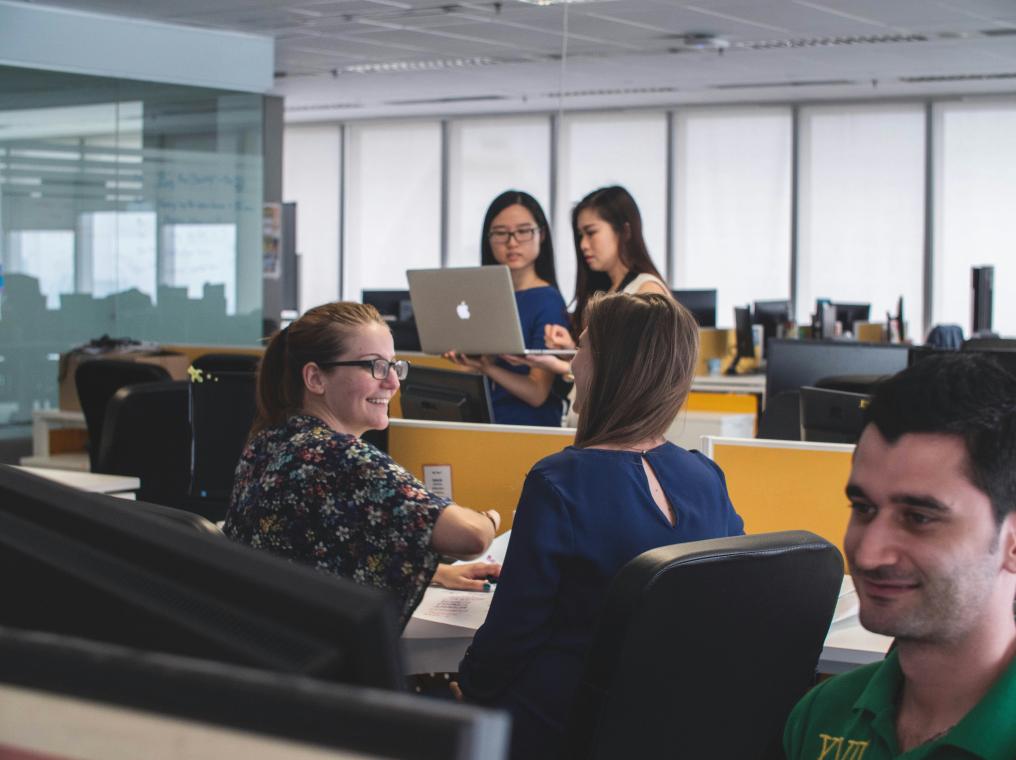
Psychosocial Safety in the Workplace
By Board Director, Oliver Sheer
In the ever-evolving landscape of workplace safety, our understanding and approaches must continuously adapt. This is especially true in high-pressure and high-stress fields like the Meetings and Events Industry. Recent legislative changes in Australia have brought psychosocial hazards to the forefront. These changes recognise them as critical workplace health and safety concerns. This shift is a significant step toward improving workplace conditions and fostering a culture of empathy and support.
Understanding Psychosocial Hazards
Psychosocial hazards encompass a wide range of factors that can affect an individual's mental and emotional well-being in the workplace. These hazards include:
- Workplace Bullying and Harassment: Hostile behaviours that can lead to stress and anxiety
- Excessive Workloads: Unrealistic job demands that can result in burnout
- Job Insecurity: Uncertainty about employment status that can cause significant stress
- Inadequate Support Systems: Lack of resources or support from management and colleagues
While these hazards may not manifest as tangible physical threats, their impact on an employee's mental health can be profound, leading to issues such as stress, anxiety, depression, and burnout.
The New Legislation in Australia
The introduction of new legislation in Australia acknowledges the gravity of psychosocial hazards in the workplace. This legislation places a legal obligation on employers to address these hazards proactively. Employers are now required to take 'positive action' towards fostering a safe and healthy work environment for all employees. This proactive approach is designed to create a workplace culture that prioritises mental health and well-being alongside physical safety.
Creating Awareness and Education
Creating awareness among both employers and employees is crucial to effect meaningful change. Employers must understand their responsibilities, the potential consequences of neglecting psychosocial hazards, and the benefits of maintaining a mentally healthy workforce. Conversely, employees need to feel accepted and valued in their workplaces, be informed about how to identify these hazards and have clarity on where to seek help if needed.
The Role of Training and Workshops
Training and workshops play a pivotal role in raising awareness and providing practical tools to both employers and employees. For employers, training sessions can equip them with the knowledge needed to identify and mitigate psychosocial hazards. These sessions emphasise the importance of proactive risk assessment, regular mental health check-ins, and promoting a supportive workplace culture. By investing in such training, employers can review and improve their organisational culture, identify risks, and respond effectively when concerns arise.
Workshops for employees offer valuable insights into recognising and responding to psychosocial hazards. They empower employees to speak up and seek assistance when needed. Additionally, employees can learn coping strategies and self-care techniques to protect their mental health in the face of workplace challenges.
Collaboration and Empathy
Collaboration between employers and employees can foster open dialogue and empathy. Employers should create platforms within their organisations to enable the sharing of experiences, the offering of support, and the promotion of a more inclusive and understanding workplace culture. A significant focus on de-stigmatising mental health concerns can also make it easier for those in need to seek help.
Introducing Employee Assistance Programs (EAPs) is another step organisations can take to demonstrate a commitment to positive action in this area. EAPs provide employees with confidential counselling and support services, further emphasising the organisation's dedication to mental health.
Conclusion
By taking these steps, we not only adhere to legal requirements but also cultivate healthier, more compassionate workplaces where employees can thrive. Understanding and addressing psychosocial hazards is not just a legal obligation but a pathway to fostering a work environment built on empathy, support, and mutual respect. This is especially crucial in the Events Industry, where the high-pressure nature of the work can intensify the impact of psychosocial hazards.
If you would like to find out how MEA can support, please get in touch.


